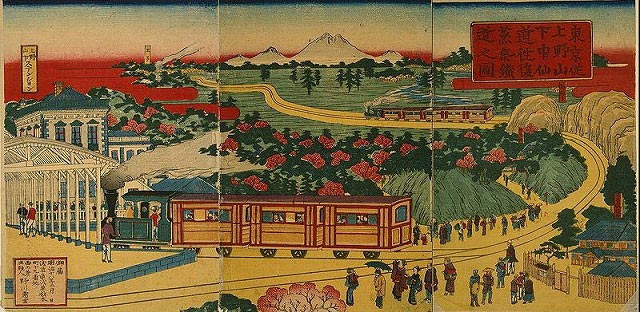Japanese sentences are peppered with a variety of colorful English phrases, since adding foreign words to one’s speech gives it a certain je ne sais quoi. Of course, every linguistic group on Earth changes language to suit its own needs, and often the “English” words used in Japan might not be recognizable to you or me. One rule is, the stranger a foreign loan word sounds, the longer it’s probably been in use, and I can tell almost instinctively that orai, koohii and ramune have been around for a century or more based on how far they’ve drifted from “alright,” “coffee” and “lemonade.” Then there are words that somehow got mapped incorrectly, like “cunning” (which means to cheat on a test in Japanese, which sort of makes sense, I guess), “rouge” (which means lipstick), “manicure” (what nail polish is called), or “mansion” (the upscale Japanese word for a condominium). One of the strangest words is “hormone,” which is used in its normal meaning (the chemicals that are inside all of us), but it also refers to cuisine involving fried pork intestines, a delicacy of Osaka.

Hassha orai! (permission to start a train in motion) has been around since the 1880s.















